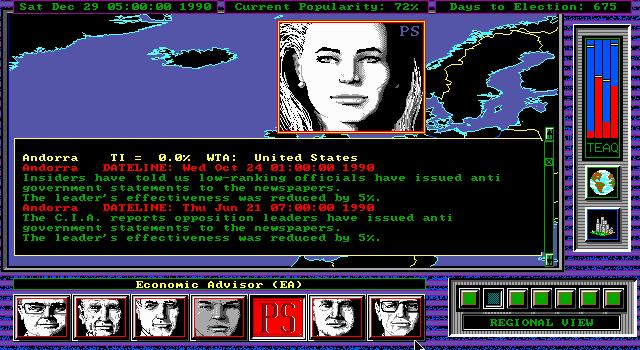

The price, however, of his passionate commitment to the Atlantic partnership was that Britain missed out on the building of Europe and was massively snubbed by De Gaulle.Īt home, Macmillan showed himself a cunning and ruthless tactician, most notoriously when he sacked a third of his Cabinet in the 1962 'Night of the Long Knives'. He achieved a surprisingly close understanding with the young Jack Kennedy. The new PM's most notable achievements during almost seven years in Downing Street were to win the 1959 election for the Tories and rebuild Britain's sorely injured relationship with the U.S. Macmillan achieved the premiership in January 1957, when it became plain that Eden's credibility and supposedly his health were wrecked. Then, when the scale of the disaster in Egypt became plain, he hastily distanced himself from it, lamenting to President Eisenhower and Secretary of State John Foster Dulles that he had been unable to restrain Eden. He first persuaded himself - and Eden - that the Americans would support Anglo-French military action. Macmillan's performance over Suez in 1956 incurs a justly caustic censure from Williams. He briefly became Foreign Secretary, then Chancellor under Anthony Eden. Macmillan fought his way into the top flight of politics by his achievement as Housing Minister in Churchill's post-war Government, building more than 300,000 homes in 1953. Critics were irritated by his condescension towards lesser breeds, among whom he numbered Americans. He served first at the Ministry of Supply, then from 1943 as Resident Minister in the Mediterranean, where he handled the intricacies of French, Italian, Greek and, above all, Anglo-American relations with considerable skill. By 1939 he was 44, but had never held even minor political office. He earned a reputation as a Leftleaning, clever, energetic Tory - but also as a dry stick, which seemed his own wife's view. Macmillan entered parliament as MP for Stockton in 1924. The middle-class Macmillan was thereby elevated into the British establishment, though Williams says that the serried ranks of aristocrats at their wedding were underwhelmed by the bridegroom's contribution to the guest list: he invited his family publishing firm's star authors, led by Thomas Hardy. He overcame the Duchess's horror of his background in trade to marry the Devonshire daughter, 20-year-old Lady Dorothy Cavendish. After a year in hospitals, his first post-war job was as an aide to the Duke of Devonshire, governor-general of Canada. He left Oxford to join the Army in 1914, and served two brief stints in France with the Grenadiers before being wounded, the second time seriously, during the Somme battle. Thereafter, he was tutored for Oxford by the proselytising Anglo-Catholic Ronald Knox, with whom the author says Macmillan fell in love, though they are unlikely to have shared carnal relations. Ill-health dogged his childhood and allegedly caused him to leave Eton early, though Williams mentions rumours of a possible homosexual scandal.

Macmillan was born in 1894, third son of a rich publisher and his dominating American wife. In his latest book, disdain seems to fight with grudging admiration for his subject, 'the great actor-manager' of modern British politics. It is too like that of a clever undergraduate who has just discovered Socialism.'Ĭharles Williams is a retired businessman who spoke for Labour in the House of Lords before he turned to writing, producing serviceable biographies of De Gaulle, Petain, Adenauer and Don Bradman. He, in his turn, was dismayed by Prince Philip's contempt for Britain's cherished nuclear deterrent, writing: 'I don't altogether like the tone of his talk. The Queen is said to have liked Macmillan least among her Prime Ministers because he was uninterested in horses, lectured her interminably and never listened to what she said. In the buttoned-up decades in which Macmillan conducted his career, the public was denied knowledge shared by the entire political class, that his wife Dorothy for decades flaunted an affair with Lord Boothby.Īt a summit meeting, President Kennedy baffled the Prime Minister, who found the idea of a sex drive distasteful, by saying: 'I wonder how it is with you, Harold? If I don't have a woman for three days, I get a terrible headache.' Harold Macmillan with his wife, Lady Dorothy MacMillan, at Epsom Racecourse.


 0 kommentar(er)
0 kommentar(er)
